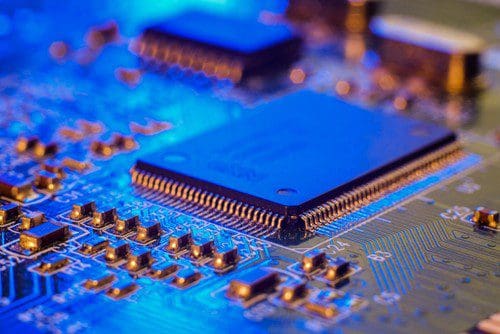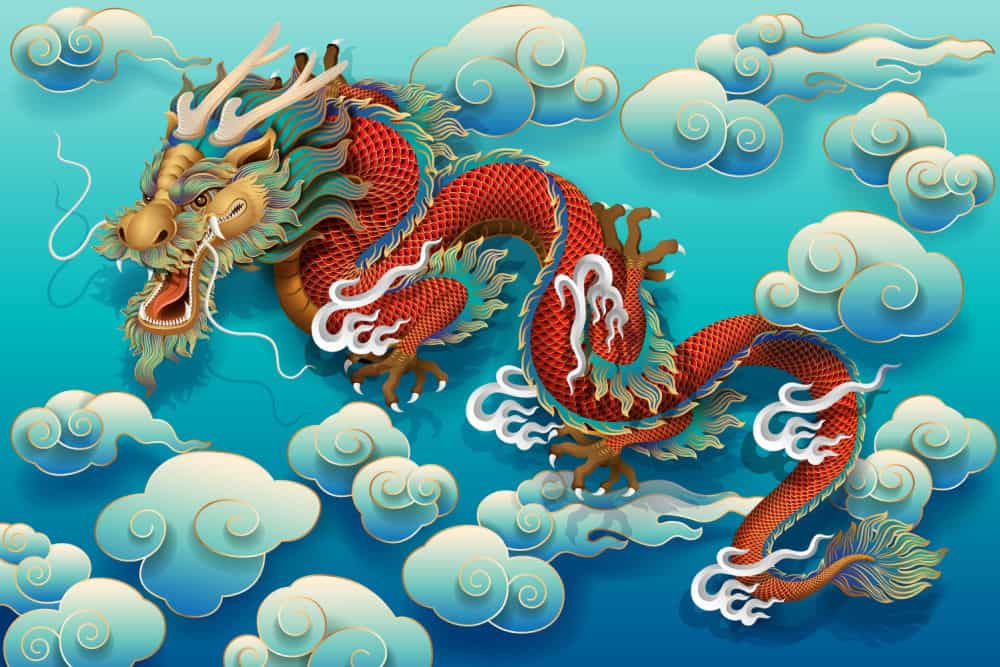Global Manufacturing Shift

Supply chain bottlenecks, anti-China political rift, and export controls have sparked a global movement to shift manufacturing away from mainland China. A major milestone of such was marked by last week’s opening of Taiwan’s TSMC $40 billion manufacturing site in Arizona, attended by President Biden. TSMC accounts for over 50% of the world’s chip manufacturing, followed by Samsung, a distant second. The top 5 world’s foundries account for 90% of the global chip production & supply, while over 65% of the foundries’ market share is from Taiwan companies. The recent U.S. Chips and Science Act to fund domestic research and manufacturing of semiconductors is met with mixed emotions among Asian nations, especially Taiwan. Shifting production locally to the U.S. is also considered a shift in geopolitical balance accompanied by the fear that this would diminish the U.S.’s presence and support for Taiwan and its Southeast Asian neighbors. Strong ties with the U.S. have always been viewed as a protective shield from China’s Communist Party.
Breaking Up Will Pay – CHIMERICA WAS ALWAYS AN IMPOSSIBLE DREAM

Sooner or later, reality makes itself felt. With President Richard Nixon’s Opening to China in 1972, the death of Mao, his successor Deng Xiaoping’s call for “all to get rich,” and the collapse of the Soviet Union in 1991, leaders of the free trading democracies eagerly adopted Professor Frank Fukuyama’s view that the world had […]
The Rise of the Dragon

This week marked the beginning of the National Congress of the Chinese Communist Party, arguably the most solemn and important event in Chinese politics, where changes to the top-level leadership and to the Party’s Constitution are formally announced every five years. This year’s event will be remembered in history as the first time a third consecutive mandate was handed over to a Chinese president, paving the way for Xi Jinping’s lifetime rule. Since the Mao era, China has undergone a profound transformation of its economic and social structure, bringing it closer to a Western nation than ever before. The country’s rise to a global superpower began just 40 years ago when Deng Xiaoping’s government initiated economic reforms and trade liberalization. Deng’s goal was to energize an economy that was poor, stagnant, vastly inefficient, and relatively isolated from global markets due to Mao’s faulty economic and political policies. The move has had an astonishing effect on the country, whose GDP growth averaged 9.5% a year through 2018, a pace described by the World Bank as “the fastest sustained expansion by a major economy in history.” Notably, such growth has helped raise an estimated 800 million people out of poverty.
